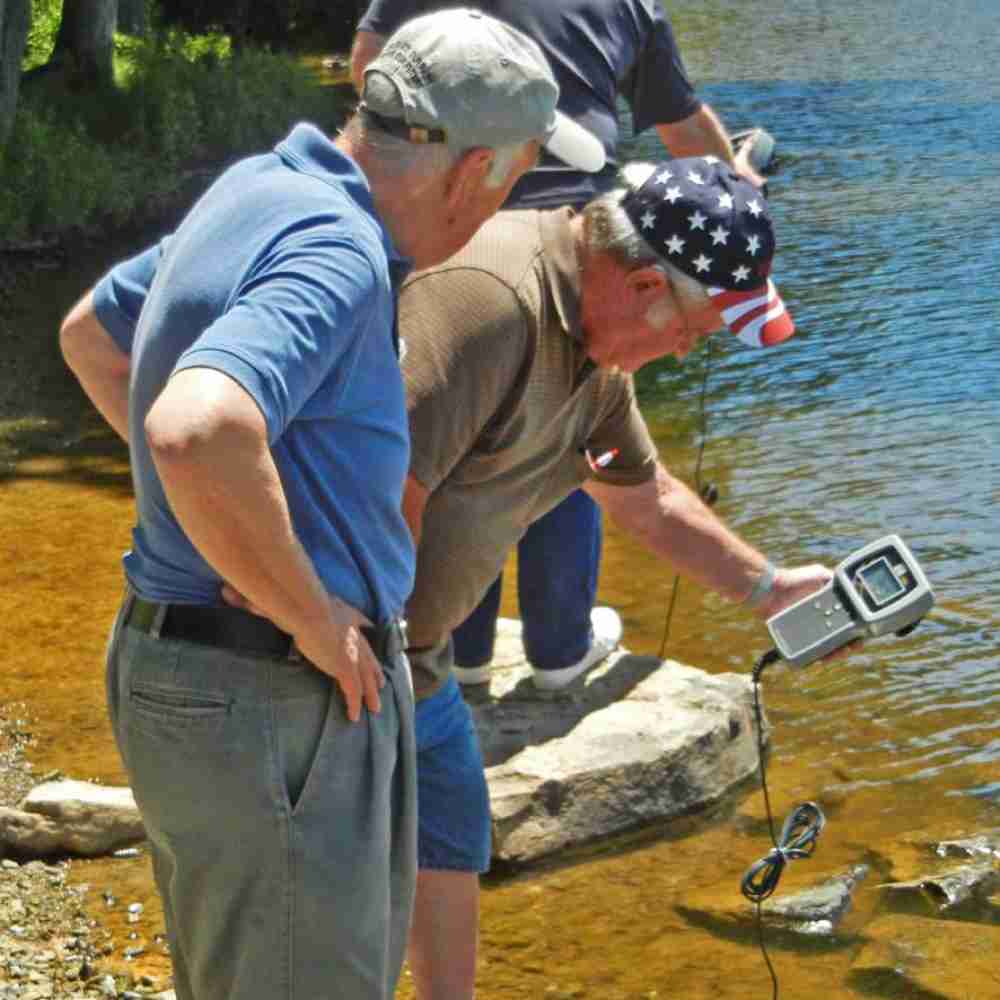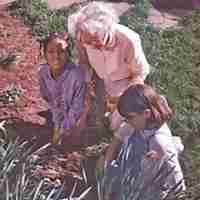Earth connections

Many of us in our sixties and seventies will remember the early rumblings of environmental concern engendered by books like Rachel Carson’s Silent Spring and Paul Ehrlich’s The Population Bomb. It’s now half a century since we started joining groups and campaigning for positive environmental action, so even though it might sometimes feel as if we’re still banging on the same doors and frustrated by the same complacency, much has changed. We elders have the experience, the patience, and the time to keep crucial environmental issues to the fore. As Paul Severance, co-chair of Elders Climate Action in the USA explains, “We can speak to other elders on the basis of shared concern and conviction. We can talk in a way that younger people can’t. As I get close to eighty, I’m concerned about our legacy. Will we be the generation that clearly knew what was coming and didn’t do anything about it, or will we be the generation that made the difference?”
The sheer numbers of older people make their ability to act hugely important, and this vast resource of people whose energy and time could be devoted to environmental conservation and sustainability is enormous. Yet people over 65 are much less likely to volunteer on environmental efforts than younger people, and environmental groups are partly responsible for this. They tend not to be focusing on older volunteers, and meetings are often scheduled in the evenings, when older people find it harder to attend.
That hasn’t stopped many older people being active in environmental issues, both on a personal and community level. Seniors are more likely to recycle, conserve energy, and be more aware consumers than their children’s generation. At the same time, older people are generally more vulnerable to the ill effects of pollution, heatwaves, cold snaps, air pollution and storm events. For example the 2003 heat wave across Europe resulted in an estimated 14,800 deaths in France, of which 70% were people aged over 75. When storms, floods, snowfall and wildfires disrupt services, the knock-on effects on everyday life are felt mainly by older people. This is even more true of older people in developing countries which lack the appropriate policies and frameworks to address the needs of an ageing population.
In 2016 environmental consultant Susanne Moser installed a viewing apparatus in a popular bay-side park in Marin County, California. When curious passers-by looked through the viewer at the ocean, they were able to see the scene before them as it would look with future sea level rise and flooding caused by climate change. The experiment included a simple survey to gauge the watcher’s concern before and after viewing the rising sea, and whether their desire to take action had shifted. Over 3,700 people participated over fourteen weeks. “The people who made the most active shift was the older generation,” noted Moser. “That’s a very different story than what you usually hear, that older people don’t care about climate change.”
Most of us care a great deal, and we have the wisdom, the experience, and the numbers to be the generation that really does make a difference.



